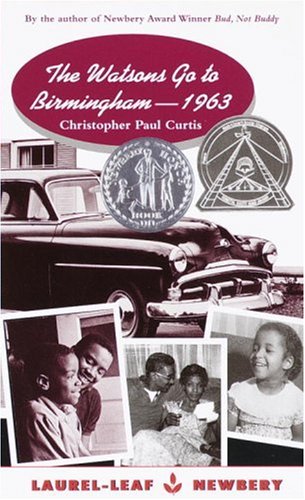 Habibi by Naomi Shihab Nye ☆☆
Habibi by Naomi Shihab Nye ☆☆This book was disappointing. The description on the back tells you of an American girl that moves to the Middle East where her dad is originally from so that he can live closer to his family and join the two cultures. The description also alludes to a Romeo/Juliet type of romance that brews between the protagonist and a Jewish boy that she meets. The disappointment develops in that there is no romance in the book at all. Sure, they weren't supposed to be friends and fought to keep their friendship, but that's about as far as it went before the book ended.
Besides all that, the story just wasn't all there. As much as an upsetting change as it would be expected to be for a teenage girl to be uprooted to a new country after her first kiss, she just goes with it. She doesn't show much anger at all, if any. There isn't really any drama that takes place with her directly.
The drama that does take place in this story involves the country itself and the problems that the people in the Middle East are facing at the time of this story. In that aspect, it is an interesting look at a culture we very rarely see in anything but a negative light. This was the last assignment for my Children's Literature class and we came to a conclusion that the only reason that this book was chosen for young students to read is because it is one of the only books about the Middle Eastern culture, rather than for any great story-telling merit.

